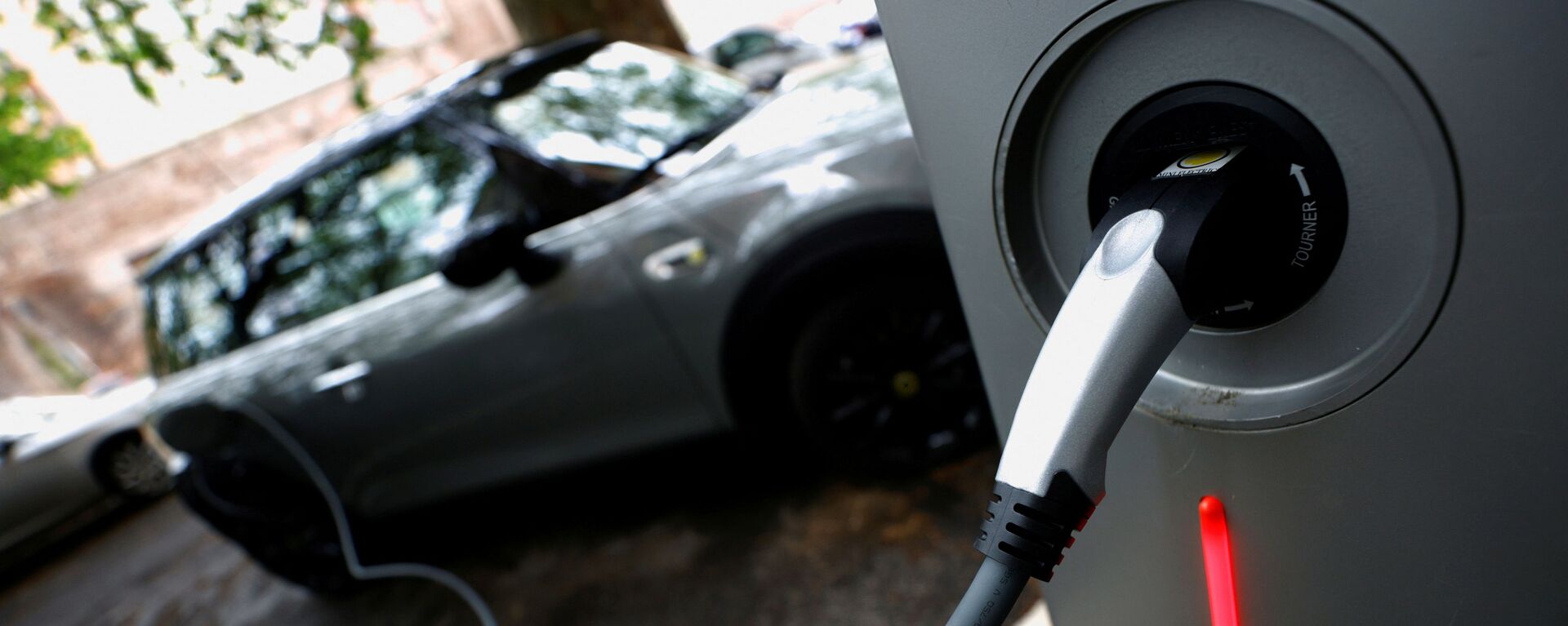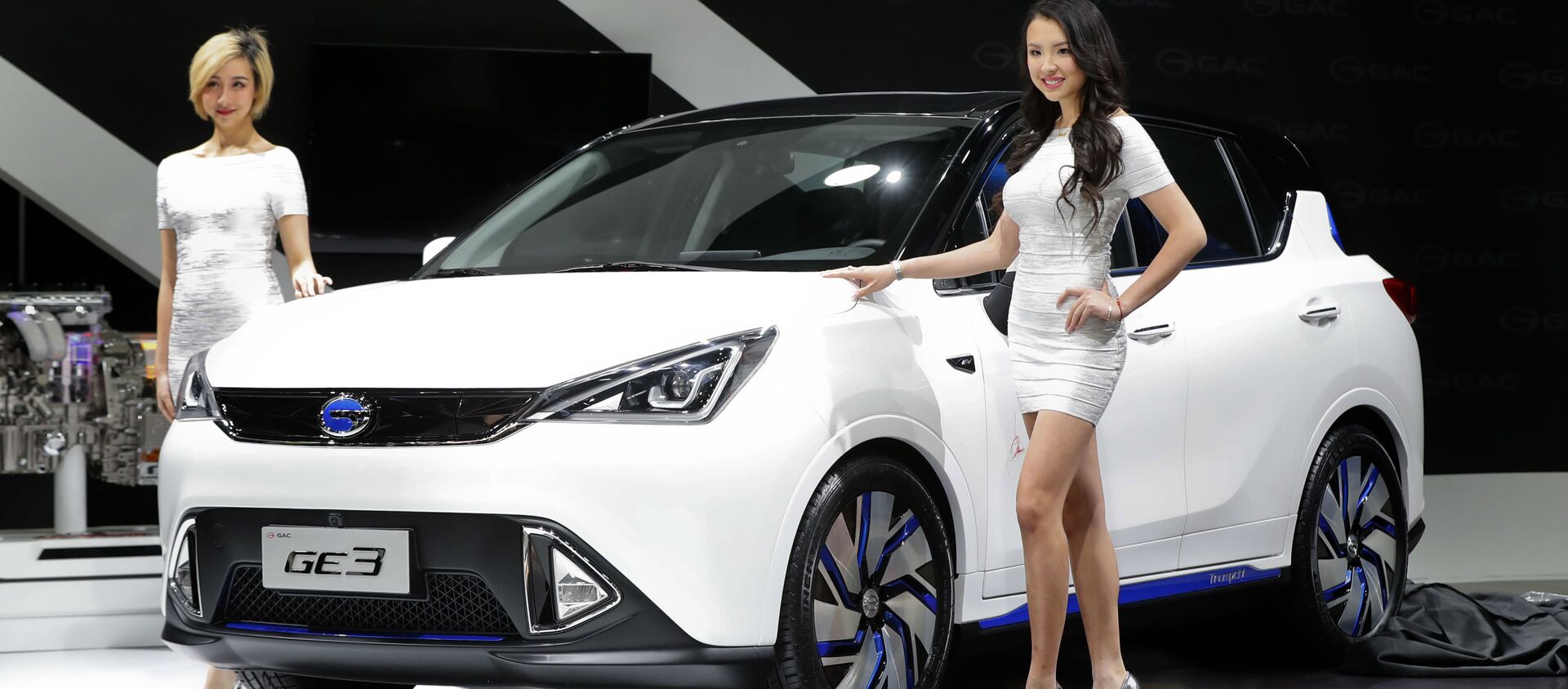EU Set to Destroy Own Car Industry With Combustion Engine Ban, Expert Warns

© AP Photo / Chuck Burton
Subscribe
MOSCOW (Sputnik) - Brussels has effectively set about ending the European Union's leading role in global car exports with its 2035 phase-out of internal combustion engines, Samuele Furfari, a professor of geopolitics of energy at ESCP Business School in London, told Sputnik.
On Tuesday, the European Commission adopted a regulation that sets 2035 as the deadline for taking gas- and diesel-powered cars off the road. Italy and several other EU members stepped in at the last moment to carve out an exemption for vehicles that run on e-fuels, which are synthetic fuels produced from renewable electricity sources.
Furfari, a Belgian engineer who used to manage the European Commission's biofuels research program, called the phase-out untenable and dangerous for EU car exports, which have already dropped by 23 billion euros ($25 billion) in 2021 from their peak of 150 billion euros in 2015.
"The European automotive industry … is the jewel of European industry, employing hundreds of thousands and capable of exporting its vehicles and its technology over the whole world. But for having been passive for too long in the face of radical German environmentalism, the European car industry is on the verge of suffering a fatal blow," the expert argued.
The EU accounted for 7.33% of the world's carbon dioxide emissions in 2021, according to a 2022 report. Moreover, EU transport emissions made up only 1% of the total, making the phase-out of fossil fuel-powered vehicles pointless, Furfari said.
The expert warned that the German-driven energy transition risked putting thousands of jobs on the chopping block in Europe, since production of combustion engines is labor-intensive, while the electric car industry is not. Electric vehicles are also too expensive to make and have been thriving on subsidies despite the EU being a market economy, the professor added.
The EU's bid to have electric vehicles replace combustion engine cars will also require rebuilding electricity networks from top to bottom. This will come at a very high price, which will be borne by all electricity consumers in Europe, Furfari told Sputnik.
"The market for internal combustion vehicles will continue to grow in the whole world, because developing countries are far from having the electrical sufficiency and the network compatible with electric vehicles. Even Europe does not have it. European car manufacturers will not be present in these emerging markets, because of the Brussels' decisions, or will relocate out of Europe," he warned.
Furfari estimated that oil remained the most widely used primary source of energy in the EU, while alternative transportation fuels had been the European Commission's pipe dream for decades. The EU already tried to produce biofuels economically between 1975 and 1990, the expert recalled.
"I had the privilege of managing this program at the European Commission. We gave up because it made no economic sense, although it was doable. In 2009, the EU tried again with biofuels. It was an economic and environmental fiasco," he explained.
The expert said it was illusory and incomprehensible to rely on unreliable and expensive electricity sources, such as wind and solar, to produce chemicals that are found cheaper outside the bloc. Mandating the use of electric, hydrogen or e-fuel vehicles is a mistake, he said, and European taxpayers will shoulder its cost.
"So goes the EU, from error to error, wasting our tax money — which is not lost on everyone — while pretending to be the global leader. The Italian transport minister, Matteo Salvini, calls the European plan 'madness.' He is unfortunately right," Furfari concluded.



